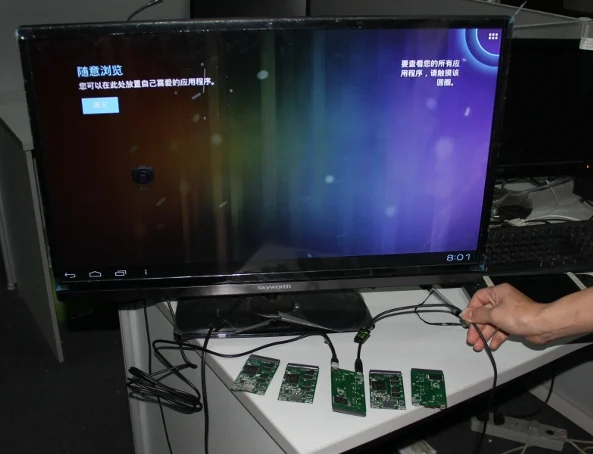One of the things I’ve always liked about desktop computers running Microsoft Windows or Linux is that they are fairly easy to upgrade.
As long as you use a processor that takes advantage of the same socket, adding a faster chip is easy. It’s also not that difficult to add more RAM, additional storage, and pretty much anything else you can think of in terms of cards and peripherals.

The problem with mobile devices such as laptops and tablets is that there’s often little, if anything, that can be done in terms of (reasonable) upgrades. For example, the typical notebook may allow basic upgrades in terms of memory and HDD or SSD, while the typical tablet is limited to additional storage via a memory card, assuming, of course, that your tablet even has a memory card slot.
Enter the first working samples of EOMA-68 cards. EOMA is an acronym for Embedded Open Modular Architecture, while the number 68 refers to the number of interface pins. Essentially, EOMA-68 are cards that could potentially facilitate the design of upgradable mobile devices.
Need a new processor? Simply swap out and replace the card, which includes the SoC. Currently, the group is focusing on hardware with support for free and open software for the EOMA-68 cards. CPUs used with the cards will only be accepted if they comply with GPL. Meaning, the EOMA-68 cards are likely to turn up on devices running Linux and Android.
The prototype cards you see in the image above are fitted with an Allwinner A10 ARM Cortex-A8 single core processor. It’s not exactly a top-of-the-line SoC at this point, although other chips are under consideration. One of the first devices expected to turn up with the EOMA-68 card is a tablet dubbed the Flying Squirrel. The device is slated to boast a seven-inch screen with a 1024 x 600 resolution, along with the usual tablet specs, albeit more upgradable hardware.






